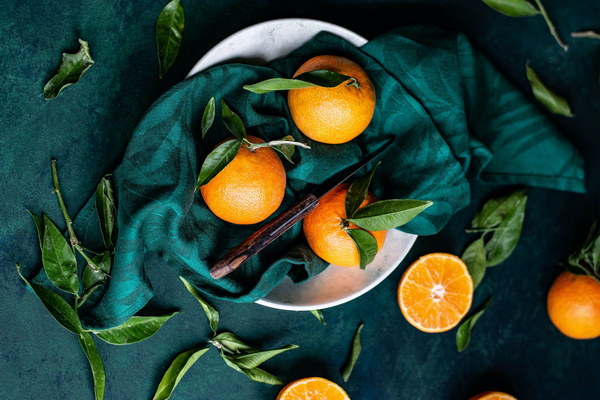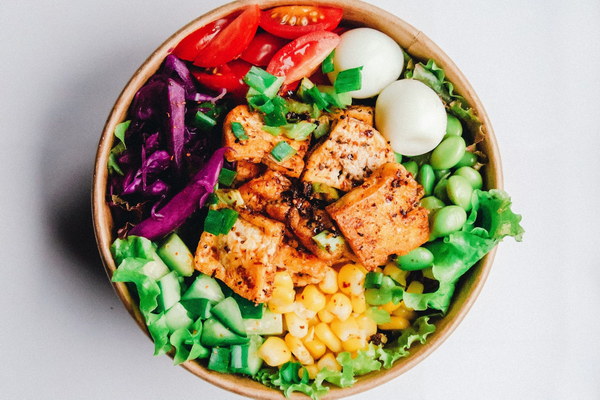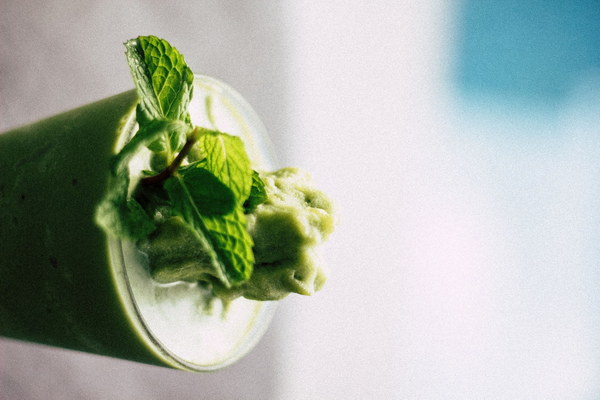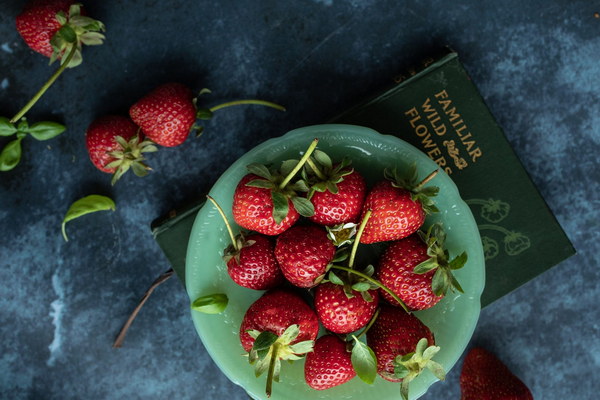Unveiling the Secrets A Comprehensive Guide to Yin Deficiency Nourishing Tea Recipes
Introduction:
Yin deficiency, a common condition in traditional Chinese medicine, refers to an imbalance of the body's yin energy, which can lead to various health issues. To counteract this imbalance, many turn to yin deficiency nourishing tea recipes. This comprehensive guide will explore a wide range of yin deficiency nourishing tea recipes, their ingredients, benefits, and preparation methods, ensuring you can harness the power of nature to maintain your health and well-being.
1. Introduction to Yin Deficiency and its Symptoms:
Yin deficiency is characterized by symptoms such as dryness, heat, and irritability. Common symptoms include dry mouth, throat, and skin, night sweats, irritability, and insomnia. By understanding the root cause of yin deficiency, you can choose the right yin deficiency nourishing tea recipes to alleviate these symptoms.
2. Common Ingredients in Yin Deficiency Nourishing Tea Recipes:
The following are some common ingredients used in yin deficiency nourishing tea recipes:
a. Goji Berries (Lycium barbarum): Known for their high vitamin and mineral content, goji berries are a great choice for nourishing yin and boosting immunity.
b. Schisandra (Schisandra chinensis): This herb has been used in traditional Chinese medicine for its adaptogenic properties, helping to balance the body's energy and enhance vitality.
c. Peony Root (Paeonia lactiflora): Peony root is known for its cooling properties and can help alleviate symptoms of yin deficiency, such as irritability and dryness.
d. Mulberry Leaves (Morus alba): Mulberry leaves are a great source of antioxidants and can help nourish yin, improve digestion, and enhance skin health.
e. Chrysanthemum (Chrysanthemum morifolium): Chrysanthemum is a well-known herb for its cooling and soothing properties, making it an excellent choice for yin deficiency.
3. Yin Deficiency Nourishing Tea Recipes:
a. Goji Berry and Schisandra Tea:
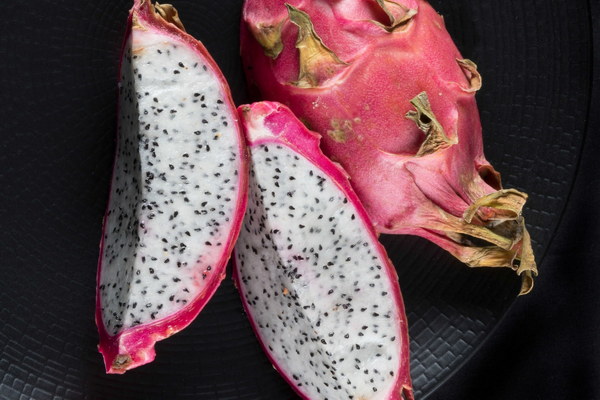
Ingredients: 10 goji berries, 5 schisandra berries, 2 cups of water.
Preparation: Boil the water and add goji berries and schisandra berries. Let it steep for 10-15 minutes, then strain and enjoy.
b. Peony Root and Mulberry Leaf Tea:
Ingredients: 1 tablespoon of peony root powder, 1 tablespoon of mulberry leaves, 2 cups of water.
Preparation: Boil the water and add the peony root powder and mulberry leaves. Let it steep for 10-15 minutes, then strain and enjoy.
c. Chrysanthemum and Peony Root Tea:
Ingredients: 1 tablespoon of chrysanthemum petals, 1 tablespoon of peony root powder, 2 cups of water.
Preparation: Boil the water and add chrysanthemum petals and peony root powder. Let it steep for 10-15 minutes, then strain and enjoy.
4. Benefits of Yin Deficiency Nourishing Tea Recipes:
a. Alleviate symptoms of yin deficiency: These teas can help alleviate symptoms such as dry mouth, throat, and skin, night sweats, irritability, and insomnia.
b. Boost immunity: Ingredients like goji berries and schisandra can help strengthen the immune system, protecting the body from illness.
c. Improve skin health: Mulberry leaves and chrysanthemum can help nourish the skin, making it look brighter and healthier.
d. Enhance overall well-being: By balancing yin energy, these teas can contribute to a sense of overall well-being and vitality.
Conclusion:
Yin deficiency nourishing tea recipes offer a natural and effective way to maintain balance and promote health. By incorporating these recipes into your daily routine, you can enjoy the benefits of nature's healing power and support your body's yin energy. Remember to consult with a healthcare professional before starting any new treatment or tea regimen.


